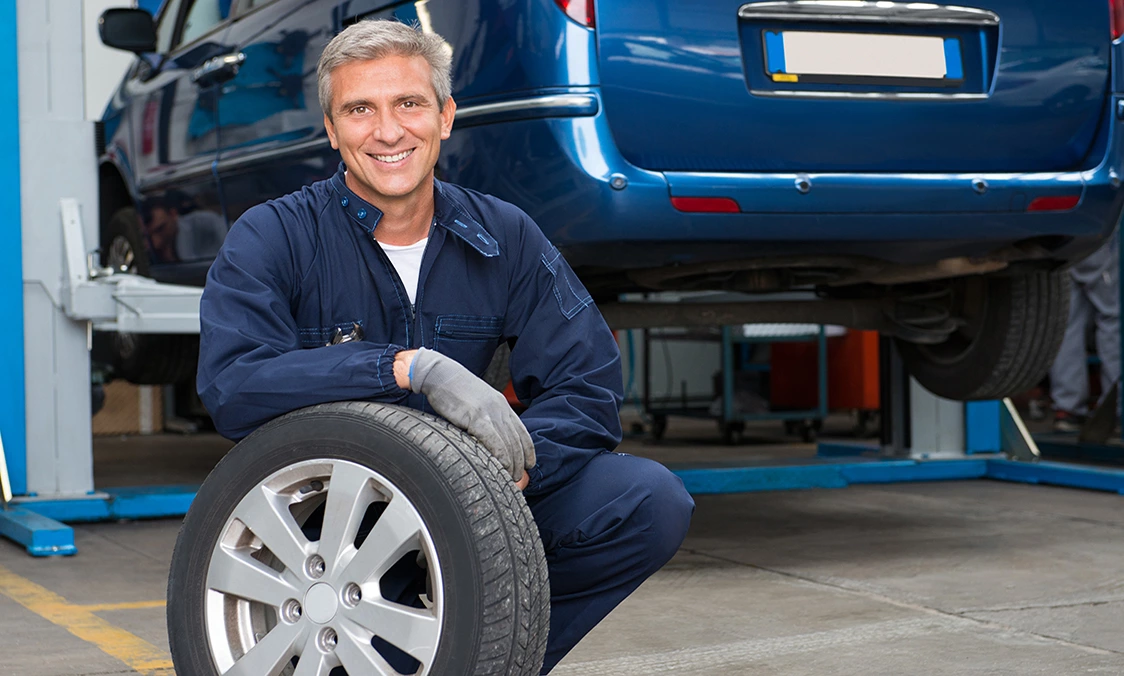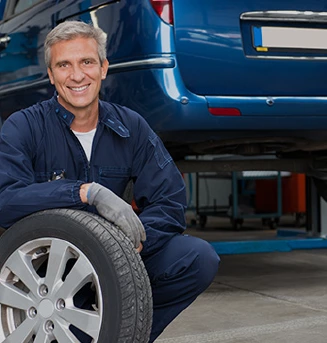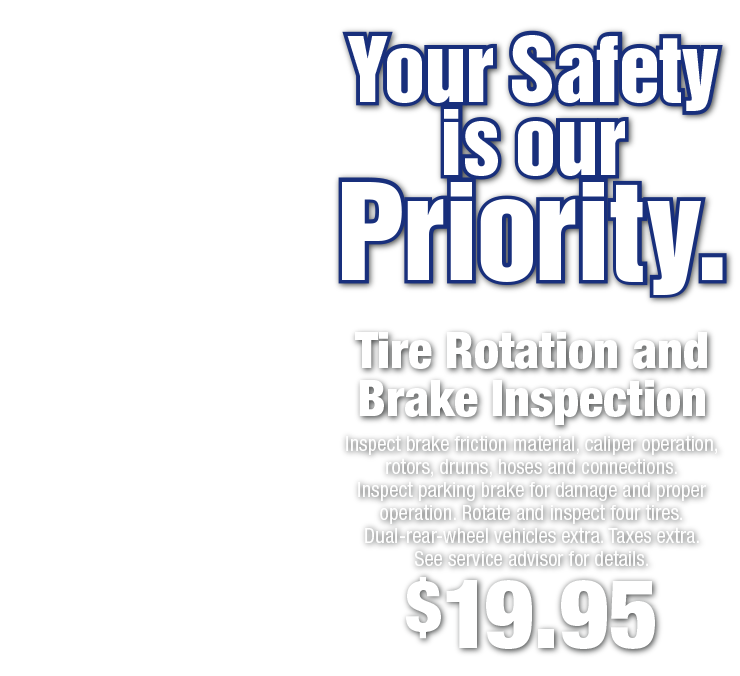Should Troy Soccer Moms Follow the Severe Service Schedule?
November 13, 2017
So you take your vehicle in for maintenance and the pro at Auto Lab Troy tells you that you ought to change your oil more often. What? You followed the maintenance schedule – but you take a second look at that “severe service” schedule and see some of the following:
1. Most of your trips around Troy are less than four miles/six and a half kilometers.
2. Most of your trips are less than 10 miles/16 km when outside Michigan temperatures are below freezing.
3. You don't do a lot of Michigan freeway driving, so you drive at low speeds most of the time.
4. You drive in an area with a lot of pollution, dust, dirt, mud or slush.
5. You frequently tow a trailer, haul heavy loads around Troy or use a car-top carrier.
6. The weather in your area can get very hot or very cold.
Surprising, isn't it? Severe driving isn't quite what you'd envisioned.
Ask yourself: "Which auto service schedule should I follow?" For some of us, it's obvious. But for most of us, it's not an either/or question.
One way to decide how often to maintain your vehicle is to picture a line. On one end, imagine ideal driving conditions: year-round moderate Michigan temperatures, only freeway driving, all trips are longer than 4 miles/6.5 km and travel is always at a constant speed of 60 mph/97 kph. At the other end of the line, put the severe driving conditions. Now, stop and think about how you drive, where you live, where you go in Michigan and what you plan to do with your vehicle in the near future. Consider honestly where your driving fits on the line.
For example, if the regular maintenance schedule recommends an oil change every 5,000 miles/8,000 km, the severe schedule recommends 3,000 miles/5,000 km and you fall in the center of the driving conditions line, then 4,000 miles/6,600 km is a happy compromise. Just be honest. You don't want that happy compromise to turn into auto repairs.
Learning why our vehicles need more frequent service can also help us Troy drivers determine a maintenance schedule. For example, fluids in your vehicle are depleted more rapidly the more heat there is in their environment. That heat can come from air temperatures, but also from the extra heat generated in the engine and transmission from stop-and-go driving. Towing a trailer or carrying heavy loads also generates more heat. So under these conditions, fluids must be replaced more often in order to retain their effectiveness.
Moisture naturally builds up inside of an engine because of the heating and cooling it constantly undergoes. When the engine is hot, moisture evaporates; when the engine is cool, moisture condenses. As long as the engine is getting hot enough to evaporate all of the moisture, your vehicle will remain healthy. But short trips don't allow for this and moisture can build up inside the engine. This moisture can lead to the formation of oil sludge, which in turn leads to clogged engine parts and damage.
In dusty or polluted Troy area conditions, filters and fluids just get dirty more quickly. Talk with your service advisor at Auto Lab Troy regarding service schedules and which one is right for you. Good car care means taking care of problems before they become problems. And in order to do that, you need to know how often to take your vehicle in to Auto Lab Troy for service.
Auto Lab Troy
2790 West Maple Rd.
Troy, Michigan 48084
(248) 643-7690
Need Service?
More articles from Auto Lab Troy

It's (Not) Complicated (Engine Air Filter)
December 22, 2024
While many components of your vehicle are complex and composed of lots of mechanical and electrical parts, there's one that isn't complicated but still important. It's your engine air filter. (And, we should point out, the engine air filter isn't to be confused with the cabin air filter. The ca... More

Putting a Stop to Brake Problems (Brake Service)
December 15, 2024
It's safe to say that most drivers take their brakes for granted. You press on the brake pedal and the vehicle slows down or stops. It's easy to see why it is so important for your vehicle's brakes to be working correctly. Brakes are an important safety feature of any vehicle. When it comes to... More

Why is Air Not Coming Out of My Vents?
December 8, 2024
You climb inside your vehicle, start the ignition, and reach for the fan control for the heating or air conditioning. But when you try to crank it up, no air comes out of the vents. It can make for a very uncomfortable trip, whether its hot or cold outside. Its important for the comfort of you a... More










